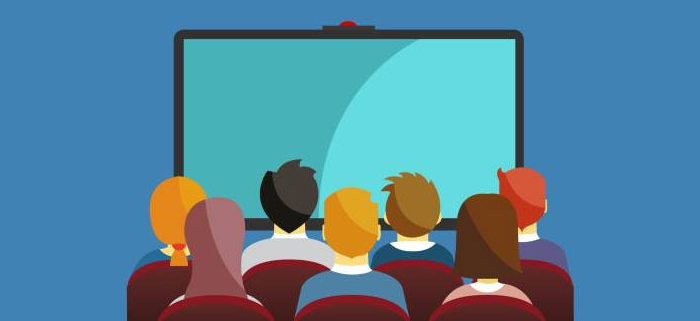Why captions for education are important
Captions for education can provide accessibility for students who are deaf or hard of hearing, support language learning, reading comprehension and student learning, as well as other things. In this short article, we break down why every school and university should have captions for both their students and their educators.
For Deaf and hard of hearing
One of the most obvious reasons is that captions provide accessibility for students who are Deaf or hard of hearing. By including captions in videos, lectures, and other multimedia materials, educators can ensure that all students have equal access to the information being presented.
Additionally, captions can be useful for students who are non-native speakers of the language being spoken in a video or lecture. These students may have difficulty understanding spoken language, and captions can help them follow along and better understand the content. They can be used as an aid for learning a new language and not just helping people who have English as a second language.
For example, if students are learning a new language, captions can provide a written representation of the language being spoken. This can help pupils better understand spoken language and improve their listening and comprehension skills.
For neurodivergent people
Captions can also be helpful for students who have difficulty processing auditory information.
Some students may have a condition such as attention deficit disorder (ADD) or attention deficit hyperactivity disorder (ADHD) that makes it difficult for them to focus on spoken language for long periods of time. Captions can help these students by providing a written record of the information being presented, allowing them to review it at their own pace and as many times as needed.
Beyond accessibility, captions also support broader educational goals by providing an additional representation of the content and check to understand of the video or audio material.
For teachers and educators
Captions can also be beneficial for educators themselves. For example, they can be used to create subtitles for videos that can be shared with other educators or used in professional development workshops. This allows educators to share their expertise and best practices with their peers and colleagues, helping to improve the overall quality of education.
Moreover, captions make videos and audio materials more shareable and accessible online. In today’s world of digital learning where students and educators are sharing more and more content online, it’s important to make things as easy as possible to distribute. By including captions in videos, educators can make sure that their content is accessible to a broader audience and can be shared more easily on social media, websites, and other platforms.
We know how important captions for education are
Here at 121 Captions, we know and understand the demands of being a higher education student.
Many in our team are higher education career consultants, working regularly with universities to deliver exceptional, high-quality live captioning.
We understand captions are an important tool for education as they can provide accessibility for students who are deaf or hard of hearing, support language learning, reading comprehension and student learning. We also appreciate they can help educators share their expertise and best practices, and make video and audio materials more shareable and accessible online.
Incorporating captions into multimedia materials can help improve the overall quality of education and ensure that all students have equal access to the information being presented. If you would like to know more about captions for education, then please contact us today for more information.




Leave a Reply
Want to join the discussion?Feel free to contribute!